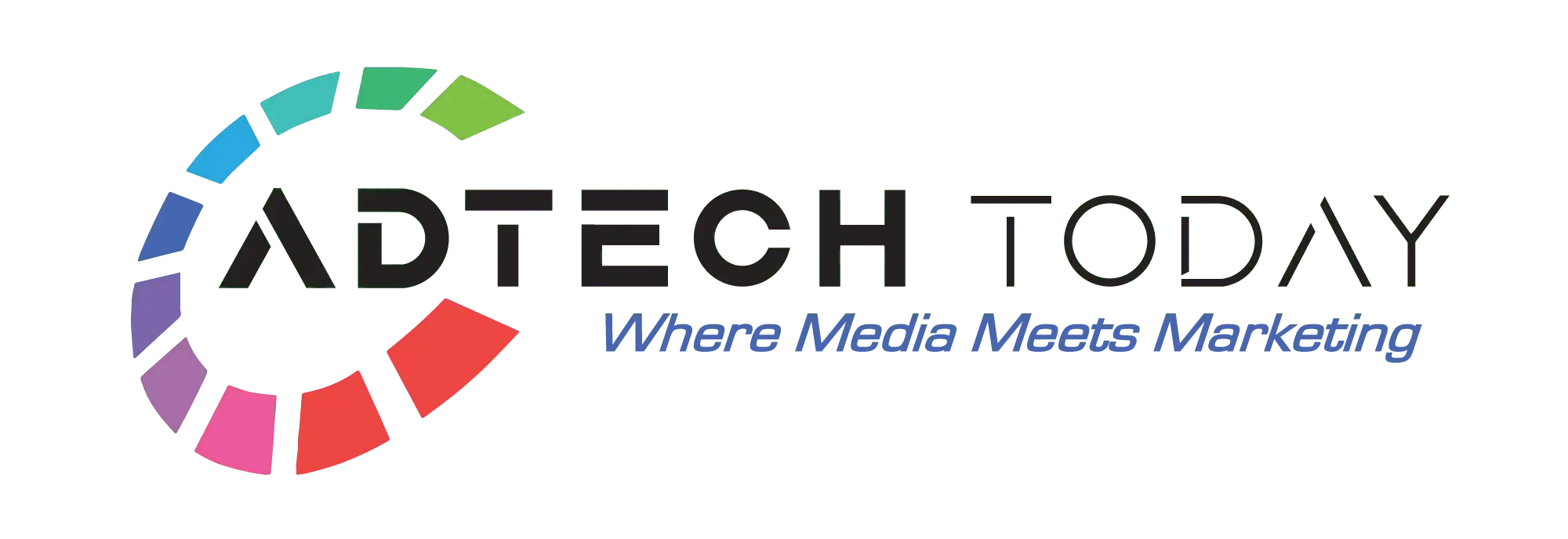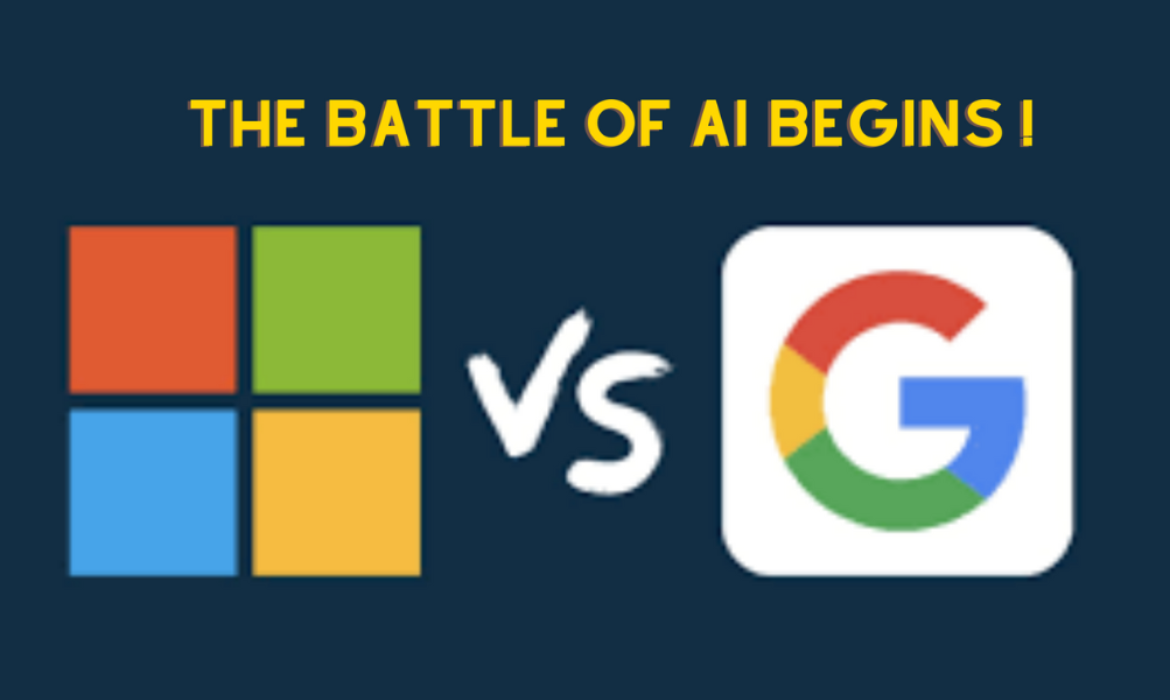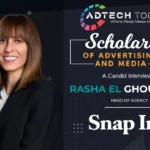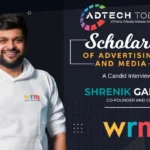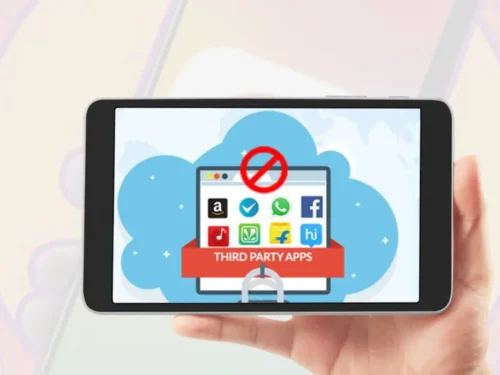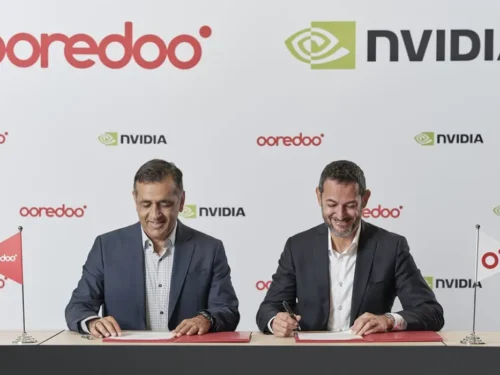The AI Search War: Microsoft & Google Compete for Search Engine Leadership
The swift ascent of ChatGPT, developed by OpenAI and supported by Microsoft, has caused a sensation worldwide with its capability to deliver rapid results. In fact, within just two months of its release, the app has garnered 100 million users, making it one of the quickest-growing applications globally.
Microsoft announced the launch of its latest AI product, a revised version of Bing-powered by a custom-made OpenAI language model that is designed specifically for search and is more powerful than ChatGPT. The tech company describes tools as an AI copilot for the web. The company will also be upgrading its Edge browser, bringing new features to the table.
The announcement from Microsoft arrives around the same time as Google’s announcement of Bard, its answer to ChatGPT. As ChatGPT posed a challenge to Google, the company responded with Bard. Microsoft has now entered the field with a cutting-edge search engine that utilizes artificial intelligence.
Interesting Read: Google’s BARD vs ChatGPT: Which AI Will Rule the Search Realm?
However, during its live demo, Google’s AI algorithm, Bard, made grotesque errors, resulting in a loss of $100 billion in market capitalization for its parent company. What precisely occurred to cause such significant damage to Google? Industry specialists have pointed to a mistake in the response given by the chatbot in Bard’s promotional material. This error happened in response to the query, “What new discoveries from the James Webb Space Telescope (JWST) can I tell my nine-year-old about?”
Bard’s response in the online demo includes an answer that states the telescope “took the very first pictures of a planet outside of our own solar system.”
The error was picked up by many astronomers including Grant Tremblay, an astrophysicist at the US Center for Astrophysics, who tweeted:
Not to be a ~well, actually~ jerk, and I'm sure Bard will be impressive, but for the record: JWST did not take "the very first image of a planet outside our solar system".
the first image was instead done by Chauvin et al. (2004) with the VLT/NACO using adaptive optics. https://t.co/bSBb5TOeUW pic.twitter.com/KnrZ1SSz7h
— Grant Tremblay (@astrogrant) February 7, 2023
The incident highlights the fierce competition between Google and Microsoft, as Bard was developed to rival Microsoft-backed ChatGPT. In less than a week, we witnessed the two big tech giants engage in all sorts of acrobatics to secure their positions and control the market as they compete to lead the next wave of AI-enhanced computing.
Who will win the AI-powered search/chat war?
Despite the fact that the market is still bullish on Google, experts believe they are still a few steps behind Microsoft, which has recently caught up to ChatGPT’s advances. Today, Microsoft stands ahead on the AI front. People are curious about the potential impact of large language models (LLMs) on search. Last week, Microsoft caused a sensation by integrating OpenAI’s technology into Bing search.
“First of all I have the greatest of admirations for Google and what they’ve done. They’re unbelievable with great talent. I have a lot of respect for Sundar Pichai and his team.I just want us to innovate. Today was the day when we brought some more competition to search. We’ve been at it, believe me, I’ve been at it for twenty years and I’ve been waiting for it.
But at the end of the day, they are the 800 pound gorilla on this which is what they are and I hope that with our innovation they will definitely want to come out and show that they can dance and I want people to know that we made them dance and I think that will be a great day.”
– Satya Nadella
Google’s recent actions certainly make it look like they are dancing. Despite their superior AI models and expertise, they have not effectively commercialized this technology due to a lack of a culture that supports innovation. However, the pressure from Microsoft and OpenAI is quickly transforming this situation.
The intense competition between the leading tech companies has been captivating to observe, with each company making impressive announcements in quick succession. Behind the scenes, there is a fierce battle being waged in the boardrooms of these tech giants. The heightened interest in the latest AI-powered version of Bing has resulted in high demand for the product, causing a waitlist to form for those eager to try it out.
Race to ace the AI-powered search industry
Google holds a dominant position in the global search market with a market share of over 93%, while Bing’s share is 3% in January, 2023. According to Microsoft Chief Financial Officer, Amy Hood, search advertising represents a significant portion of the digital advertising industry, accounting for an estimated 40% or $200 billion of the $500 billion market. The majority of these revenues are generated by Alphabet, which reported a total of $163 billion in search advertising last year.
Its business model revolves around advertising and search-based revenue, with roughly 60% of its income coming from Google Search. Microsoft announced the integration of ChatGPT into Bing sent Google into a state of emergency. A significant disruption to this income stream could have disastrous effects. The emergence of ChatGPT as an AI-powered alternative to search represents a potential threat to Google’s business.
Microsoft may be counting on its chatbot-powered information search to attract new users who could then use Bing for higher-value searches. This strategy may come at the cost of lower margins, at least until expenses can be reduced. However, it would only be justified if Microsoft can effectively challenge Google and gain a significant market share.
“for every 1 point of share gain in the search advertising market, it’s a $2 billion revenue opportunity for our advertising business.”
-Microsoft
Challenges for Google: Balancing Cost and Market Dominance
The shift to AI-based large-language models could also increase Google’s costs, in addition to the threat to its market share. A research note from Morgan Stanley analyst Brian Nowak, quoted by Barron’s, highlights the potential for increased costs for Google due to the shift towards AI-powered search queries. The note indicates that a 10% shift in queries to AI will result in a $1.2 billion increase in Google’s operating costs. If the shift were to reach 50%, expenses would grow by $6 billion and trim pretax profits by 6%. Nowak’s perspective is that AI-powered search queries will cost Alphabet roughly five times more than the current method.
The partnership between Microsoft and OpenAI presents a double challenge for Alphabet investors, as it could result in a loss of market share and increased costs. This comes at a time when Alphabet is already facing regulatory scrutiny over allegations of monopolistic practices and misinformation on its platforms. The Microsoft-OpenAI deal has the potential to add additional stress to the already challenging situation for Alphabet and its investors.
The current technology and business model that has produced consistent profits for 20 years may be challenging to let go of. However, CEO Sundar Pichai is determined to resolve this “innovator’s dilemma” and find the best solution. On the other hand, Microsoft CEO Satya Nadella is hoping that Bing will gain popularity as a search term before Pichai finds a solution.
Wrapping up
In light of the recent “Bard AI fiasco,” Alphabet CEO Sundar Pichai must swiftly resolve the “innovator’s dilemma” and find a suitable solution. Meanwhile, Microsoft CEO Satya Nadella has high hopes for Bing to establish itself as a popular search term before Pichai’s resolution. The pressure is on both tech leaders as they navigate the constantly evolving technology landscape and competition in the search engine market.
Microsoft is ready to reclaim its position at the forefront. Google, be prepared, as Microsoft takes the lead in this first round. Witnessing this AI search engine battle is going to be a lot of fun!
Interesting Read: Tête-à-Tête With ChatGPT- The Power Of AI
Author Profile

- Neha Mehta
- Neha started her journey as a financial professional but soon realized her passion for writing and is now living her dreams as a content writer. Her goal is to enlighten the audience on various topics through her writing and in-depth research. She is geeky and friendly. When not busy writing, she is spending time with her little one or travelling.
Latest Posts
 Interview and Guest PostJuly 19, 2024Navigating Ad Tech: Equativ’s Jacqueline Chua’s Strategic Insights
Interview and Guest PostJuly 19, 2024Navigating Ad Tech: Equativ’s Jacqueline Chua’s Strategic Insights Interview and Guest PostJune 21, 2024CTV Exploration: Chandrahas Shetty, Demand Facilitation Lead, India, On Growth And Privacy
Interview and Guest PostJune 21, 2024CTV Exploration: Chandrahas Shetty, Demand Facilitation Lead, India, On Growth And Privacy Interview and Guest PostJune 14, 2024Advertising Evolution: Rasha El-Ghoussaini on Snap Inc.
Interview and Guest PostJune 14, 2024Advertising Evolution: Rasha El-Ghoussaini on Snap Inc. Interview and Guest PostJune 5, 2024Navigating Digital Waves: Shrenik Gandhi’s Journey with WRM
Interview and Guest PostJune 5, 2024Navigating Digital Waves: Shrenik Gandhi’s Journey with WRM
